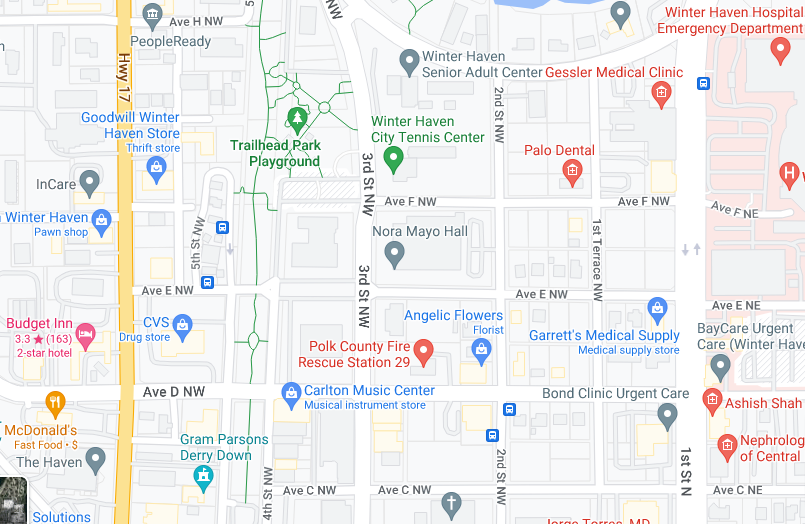Serving our greater Winter Haven community with QUALITY and comprehensive HEALTH CARE for more than 63 years.
For over a half century, BayCare Medical Group Gessler Clinic has provided a wide range of services to meet our community’s comprehensive health care needs. In 1957, this Central Florida Clinic began with three physicians and 5,000 square feet. In those 63 years, BayCare Medical Group Gessler Clinic has grown to 38 physicians and 6 physician extenders covering 23 specialties. We are accessible to patients in five locations, including our Winter Haven Clinic, with more than 90,000 square feet of patient and office space.
Patient Testimonials
I’ve been a patient since 1990 and was a complete mess medically. They have got my health back on track and I am in the best shape now than I have ever been my whole life. I’m still a patient and don’t ever have plans to change doctors.
A wonderful place full of knowledgeable doctors! They are willing to help you maintain and improve your health!
My experience with this clinic as been amazing! Thank you Dr.Lacalamtio, Dr.Parrillo Dr.Mancini and Dr.Koon. Hands down best ever experience. I have had with any Doctors. Will 100% recommend them all!
WINTER HAVEN CLINIC
Locations & Hours
Regular Clinic Hours
Monday – Friday
8:00am – 5:00pm
Latest News
Thank You for Voting for Gessler Clinic!
Thanksgiving 2021
On behalf of the Physcians and Staff of Gessler Clinic, we wish you and yours a very happy and healthy Thanksgiving.
Covid-19 Vaccine
Please check our social media pages as well as this site for up to date information on the Covid-19 vaccine. Facebook | Twitter | Pinterest | Instagram | YouTube

